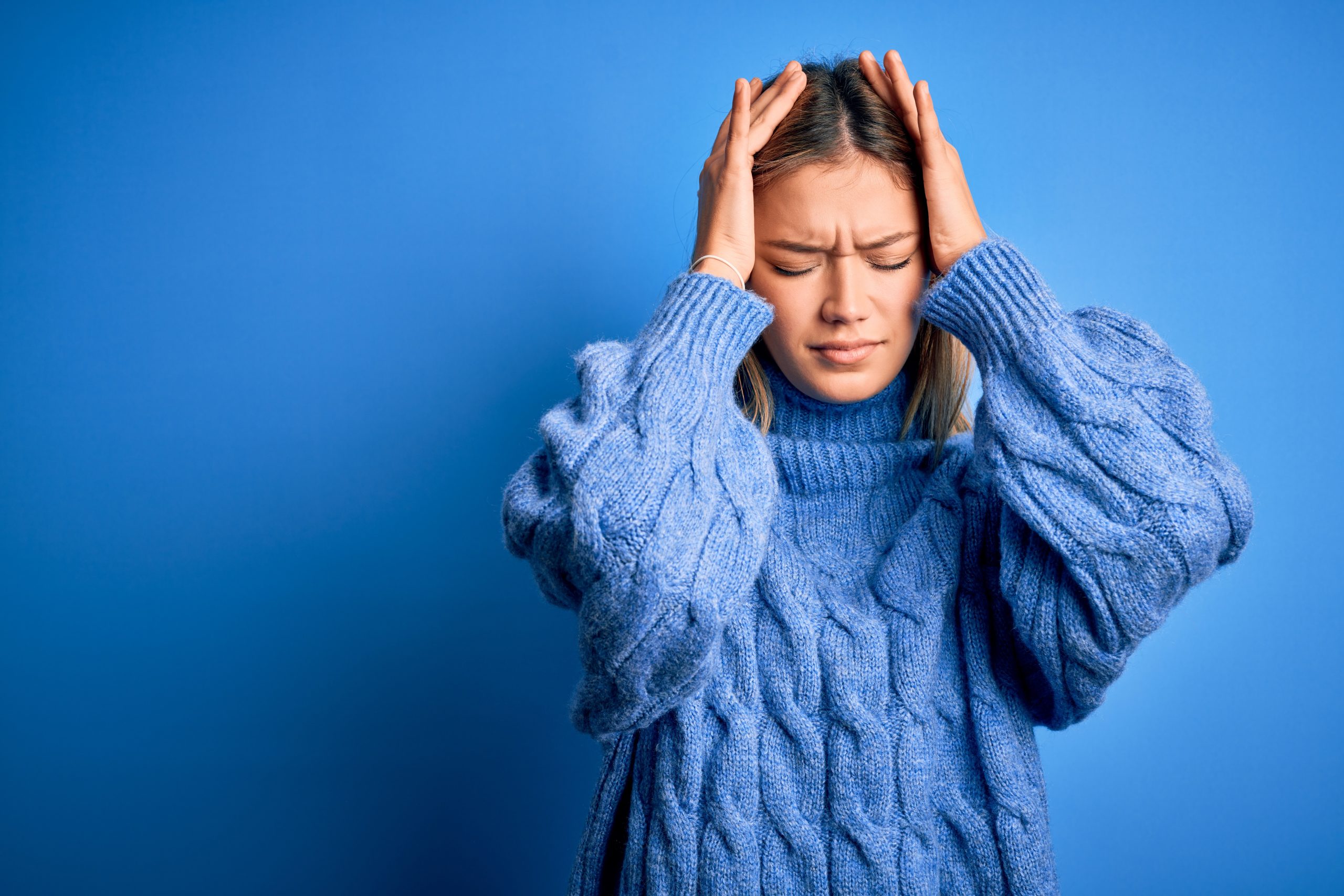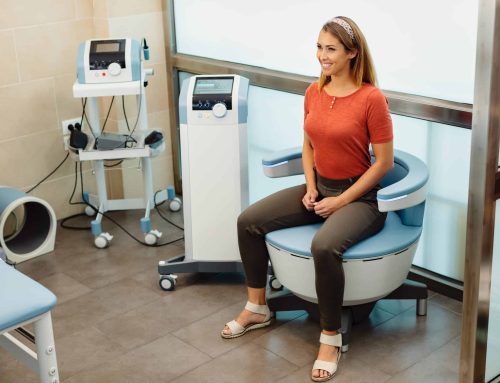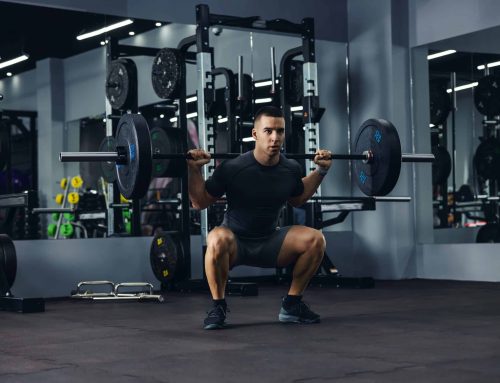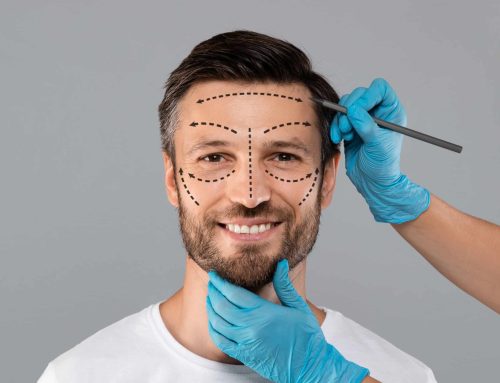What Causes Headaches
Everyone has had some sort of headache, but they can be a debilitating struggle for many. Whether resulting from stress, tension, underlying medical conditions, or maybe even your kids (wink, wink), persistent pain can interfere with work, relationships, and your overall quality of life. Dentist Dr. Jill Wade, DDS, who practices in Frisco, Texas, says that it’s best to address the root cause of your headache, which will better help you find lasting solutions, some of which are holistic approaches sans medication.

The Root Cause of Your Headaches: It’s More Than Pain
When it comes to headaches, many people reach for a bottle of over-the-counter pain relief, hoping it will do away with their pain. Dr. Wade, who may see several patients per week specifically for headache symptoms, attests that headache pain is often a symptom of something deeper. Excluding the occasional headache, or those induced by alcoholic beverages, chronic headaches or migraines could be an indication of an underlying issue. Dr. Jill Wade points out that many people fail to consider that their dental health can affect their headaches. “If you’re only experiencing pain on one side of your head, it could be tooth-related,” she explains. An infected tooth or a misaligned bite can radiate pain to other areas of the head, resulting in a headache that mimics other conditions.
Some headache sufferers have gone through extensive tests, such as MRIs and CAT scans, only to discover that the culprit was something like a sinus cavity or upper respiratory infection—which can cause the sinuses to feel swollen—or maybe even a cavity or tooth infection. The cause of your headache could also be related to something as simple and benign as lack of nourishment or water.
According to the National Headache Foundation, every ten seconds, someone in the United States goes to the emergency room with a headache or a migraine, recalls health and beauty expert Laura Lewis-Edwards from her book 52 Ways to a Health You. She goes on to say that 90% of all headaches are induced by anxiety or emotion, and 98% of all headaches are benign. For instance, if you’re under a lot of stress, you may grind your teeth, causing your masseter muscles to spasm. “Well, the muscle that makes the mouth close,” explains Dr. Jill Wade, DDS, MAGD, “is also the one that attaches…to the temporalis area.” This, therefore, induces a headache or chronic headaches.
So, before you blame stress or tension, Dr. Wade recommends considering a dental checkup as part of your journey to headache relief. “When we are taking our dental x-rays to be sure that it isn’t a true dental infection,” she says. “We will be able to see [whether] it is a true sinus infection…and then we can prescribe antibiotics to get rid of your sinus infection, which makes the pressure go down…[which is] ultimately creating the headaches.” This, of course, can save you the costly expense of an emergency room visit.
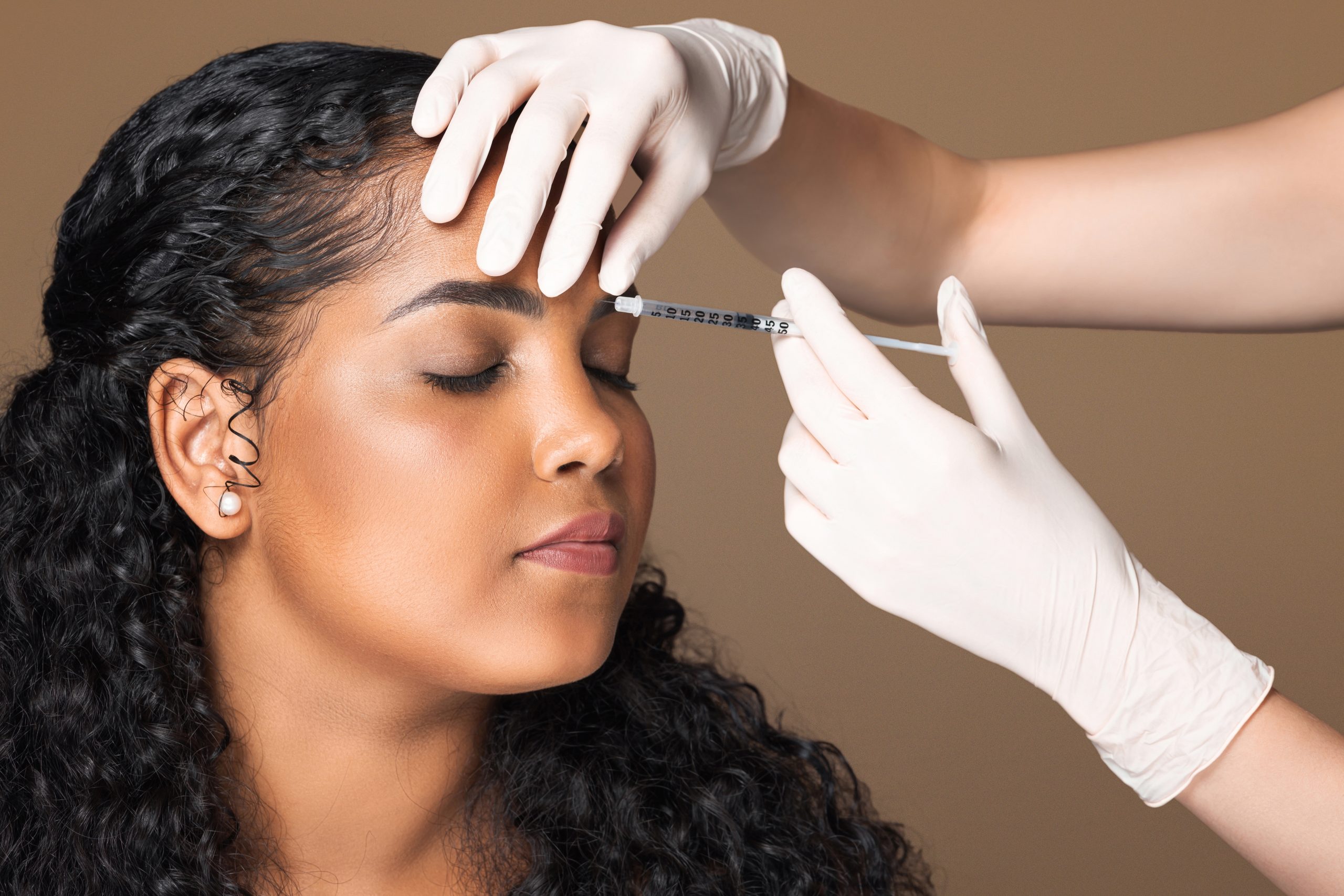
Botox: It’s Not Just for Aesthetics
Botox, typically known for its cosmetic benefits, can be a game-changer for those who suffer from chronic tension headaches. Botox injections can help relax the masseter muscle, reducing the signals of pain to the temporalis. By preventing excessive force in the jaw and face, Botox can reduce not only headache frequency but also the physical changes that come with chronic clenching, such as a widened jawline or a “square” face.
This treatment isn’t just for the sake of aesthetics; it’s a way to reduce pain and muscle strain without the need for constant medication. Laura Lewis-Edwards can attest to this from personal experience. Though she sought Botox “out of vanity,” she says, hoping to reduce the furrow between her brows, she unwittingly remedied her tension headaches. She also emphasizes that everyone is unique and comes with their own set of circumstances for headache causes, which can include a genetic predisposition, lifestyle, or other factors.
If your headaches are linked to clenching your jaw, grinding your teeth, or some other habitual action, Botox may offer relief by relaxing those overextended muscles. Dr. Wade even reveals that Botox helped a young girl in Australia who suffered from frequent and debilitating migraines. The treatment reduced her headache frequency from five or six per month to just one, on average.
Holistic Methods for Headache Relief
While over-the-counter medicine and Botox may offer some headache relief, Dr. Wade, who also has a dental practice in the Dallas/Fort Worth Metroplex, says that lifestyle changes can also make a difference in reducing headache frequency. One of the simplest solutions is incorporating stretching and regular movement into your daily routine. If you spend long hours sitting at a desk, using the computer, or other tasks that can create muscle tension in your shoulders, neck, and upper back, this tension can travel upwards and contribute to headaches. Laura Lewis-Edwards recommends setting an hourly reminder to “stand up, move around, and stretch.” Little actions like these might seem small, but they can make a big difference in relieving tension that accumulates throughout the day. Laura goes on to say that, “taking a deep breath, going outside, and getting fresh air” can help reset your body.
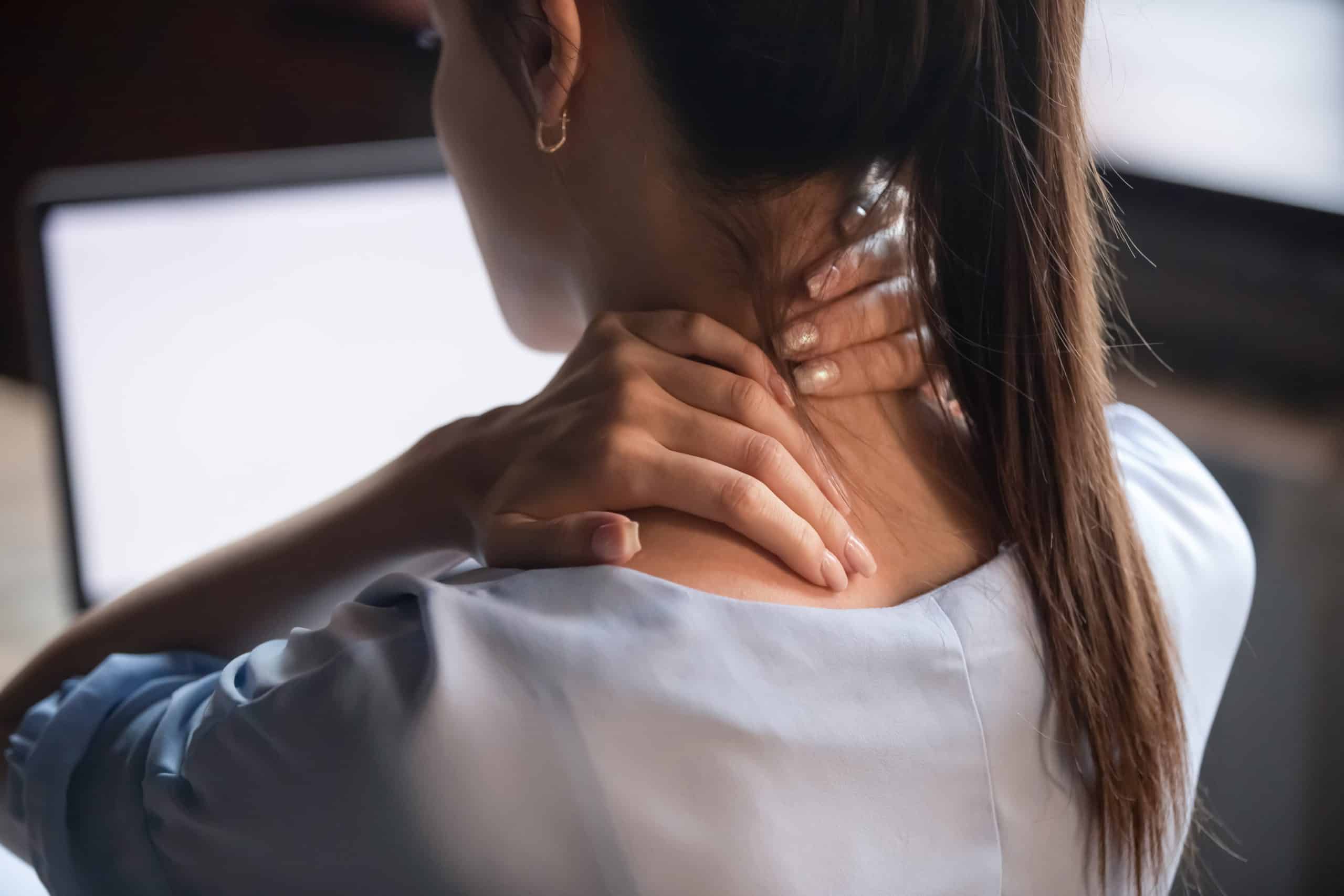
Not to be underestimated, proper hydration and nutrition also play a vital role in headache prevention. Low blood sugar or dehydration can both cause headaches, and addressing these simple needs can significantly reduce headache occurrences. Additionally, Dr. Jill Wade of Stonebriar Smile Design says that natural substances such as arnica—a type of herb—and peppermint oil can be an effective, non-invasive solution. Massaging a few drops of peppermint oil into your temples can offer some relief from mild tension headaches.
Dr. Wade also argues that massages are helpful. Though it may seem like a “luxury event,” she says, massages help drain your lymphatic system along with helping relax your muscles and reduce tension.
The next time you feel a headache coming on, try one of these natural remedies for headache relief:
- Stretch or walk: Stand up, stretch, and take short walks throughout the day to keep tension at bay.
- Hydrate: Dehydration is a common cause of headaches. Make sure you’re drinking enough water throughout the day.
- Meditate or practice deep breathing: Breathing exercises can help reduce stress and improve oxygen flow to the brain, which can help alleviate headache pain.
- Use Peppermint oil: Applying and massaging peppermint oil onto your temples can help relieve tension and reduce headache pain.
More headache relief options:
- Exercise
- Use Arnica
- Get a massage
- Chiropractic care
- Eat a healthy meal
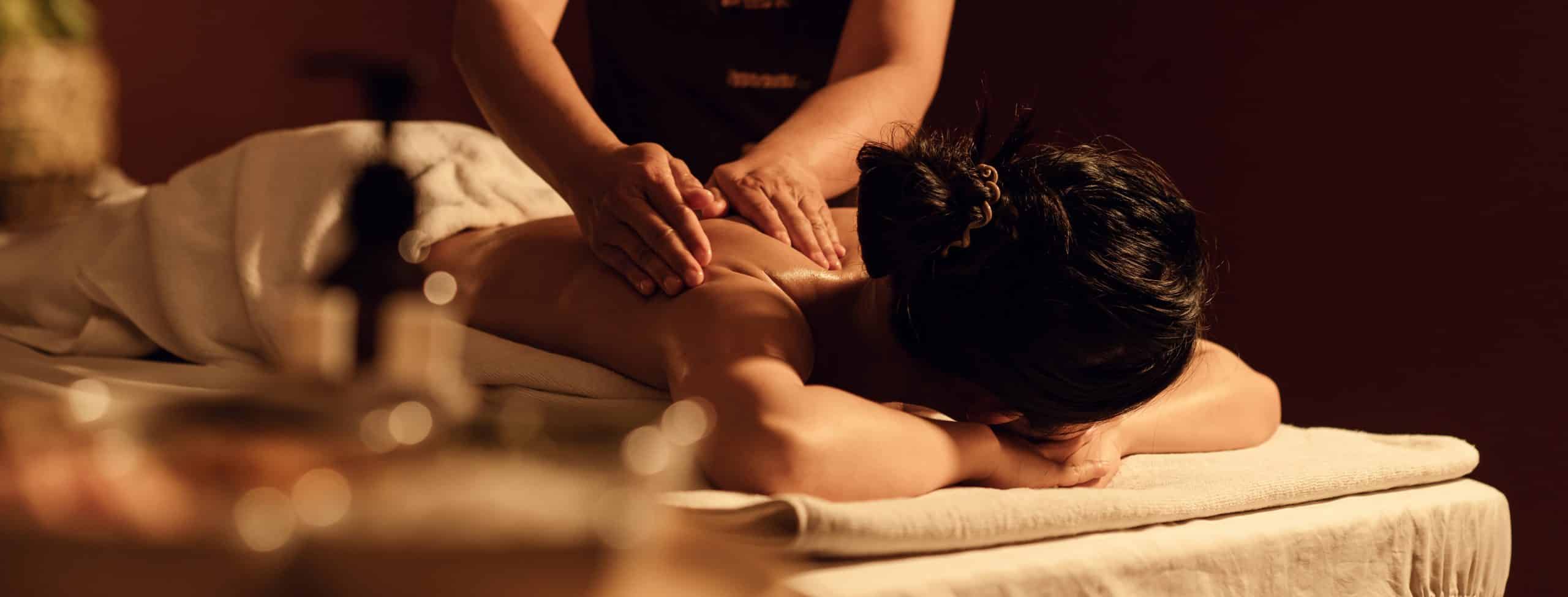
Headache Relief: Where to Start
While the occasional headache is normal, chronic or recurring headaches are not something you just have to live with. “You don’t need to power through,” says Dr. Wade. “It’s not normal to have constant headaches.” While it can be a challenging condition to deal with, exploring the underlying causes can open the door to lasting solutions—whether it’s muscle tension, dental issues, or other stressors. Dr. Wade encourages you to first try to pinpoint the root cause of your headache. You can start with a visit to your dentist, who may prescribe devices such as a mouth guard, treatments such as Botox, or advise other steps you can take to reduce your headache intensity or frequency.
In the meantime, employ some of the suggestions above and find something that works for you.
Click here to watch this episode of the Beyond Face Value Show on YouTube.
Visit us on YouTube to hear more about Stonebriar Smile Design in Frisco, Texas, and wellness dentistry, and be sure to comment, like, and subscribe.

